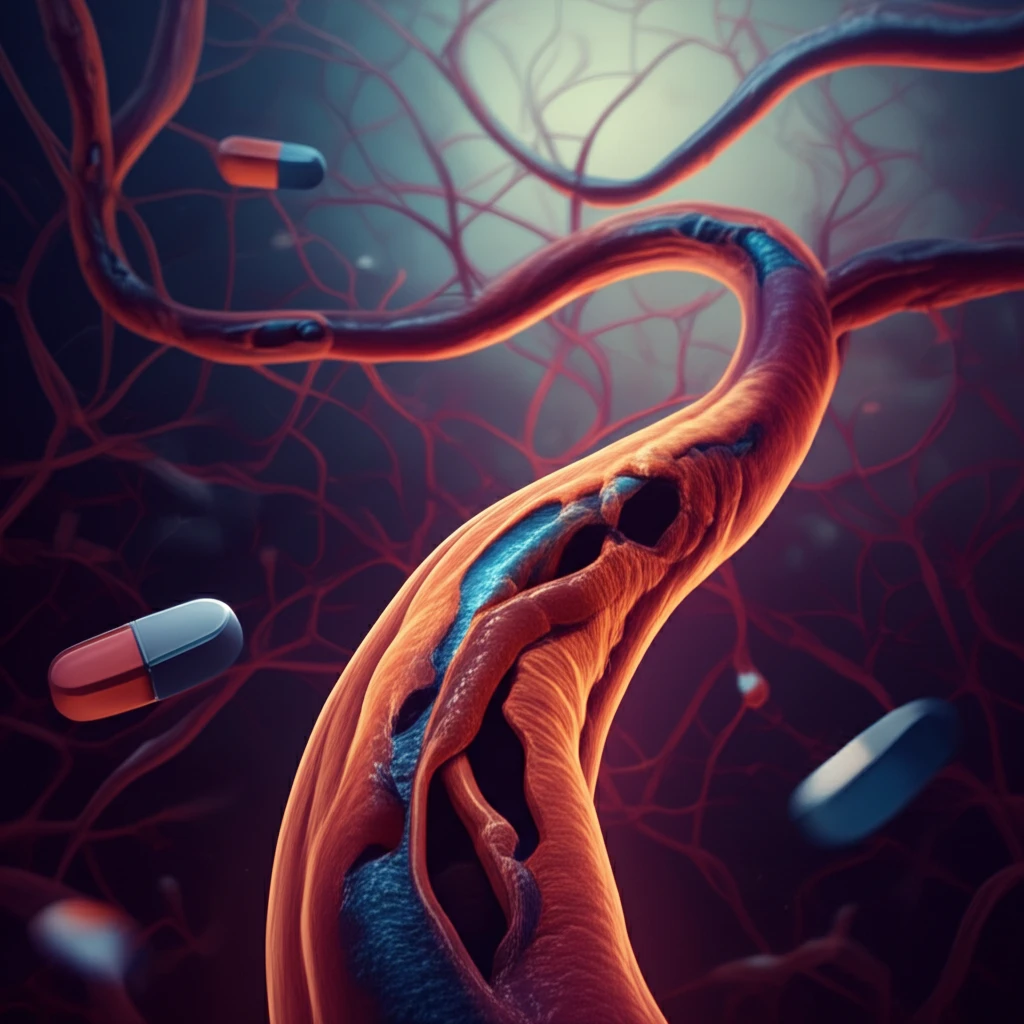
Unlock the Secret to a Younger Heart: How ARBs Can Combat Arterial Stiffness
"Discover how Angiotensin II Receptor Blockers (ARBs) are revolutionizing heart health in older adults with hypertension, offering a path to more flexible arteries and a vibrant life."
As we age, our bodies undergo numerous changes, and one of the most significant yet often overlooked is the stiffening of our arteries. Arterial stiffness isn't merely a consequence of aging; it's a critical health concern that can significantly increase the risk of cardiovascular diseases (CVDs). Hypertension, or high blood pressure, exacerbates this issue, creating a dangerous cycle that threatens the well-being of older adults.
The good news is that medical science is continuously advancing, offering innovative solutions to combat these age-related challenges. Among the most promising advancements are Angiotensin II Receptor Blockers (ARBs), a class of medications initially designed to manage hypertension. Recent research suggests that ARBs may hold the key to reversing arterial stiffness, providing a path to healthier, more flexible arteries.
In this article, we'll explore the groundbreaking research on ARBs and their impact on arterial stiffness in elderly patients with hypertension. We'll break down the science, discuss the findings, and provide insights into how these medications can contribute to a healthier, more vibrant life.
ARBs: More Than Just Blood Pressure Control

Angiotensin II Receptor Blockers (ARBs) are a class of medications that primarily target the renin-angiotensin-aldosterone system (RAAS), a hormone system that regulates blood pressure and fluid balance. By blocking the action of angiotensin II, a potent vasoconstrictor, ARBs help to relax blood vessels, lower blood pressure, and reduce the strain on the heart.
- Improved Arterial Flexibility: Studies have shown that ARBs can significantly reduce arterial stiffness, improving the flexibility and elasticity of arterial walls.
- Reduced Cardiovascular Risk: By addressing arterial stiffness, ARBs may help to lower the risk of heart attacks, strokes, and other cardiovascular events.
- Blood Pressure Independent Effects: The benefits of ARBs on arterial stiffness appear to be independent of their blood pressure-lowering effects, suggesting a direct impact on the arterial walls.
- Long-Term Benefits: Long-term administration of ARBs has been shown to prevent or improve aortic arterial stiffness in elderly hypertensive patients.
Embrace a Healthier Future with ARBs
The research on ARBs and their impact on arterial stiffness offers a promising outlook for older adults with hypertension. By addressing both blood pressure and arterial health, ARBs may play a crucial role in reducing the risk of cardiovascular events and promoting a healthier, more active life. Talk to your doctor to see if ARBs are right for you, and take the first step toward a younger, more flexible heart.
